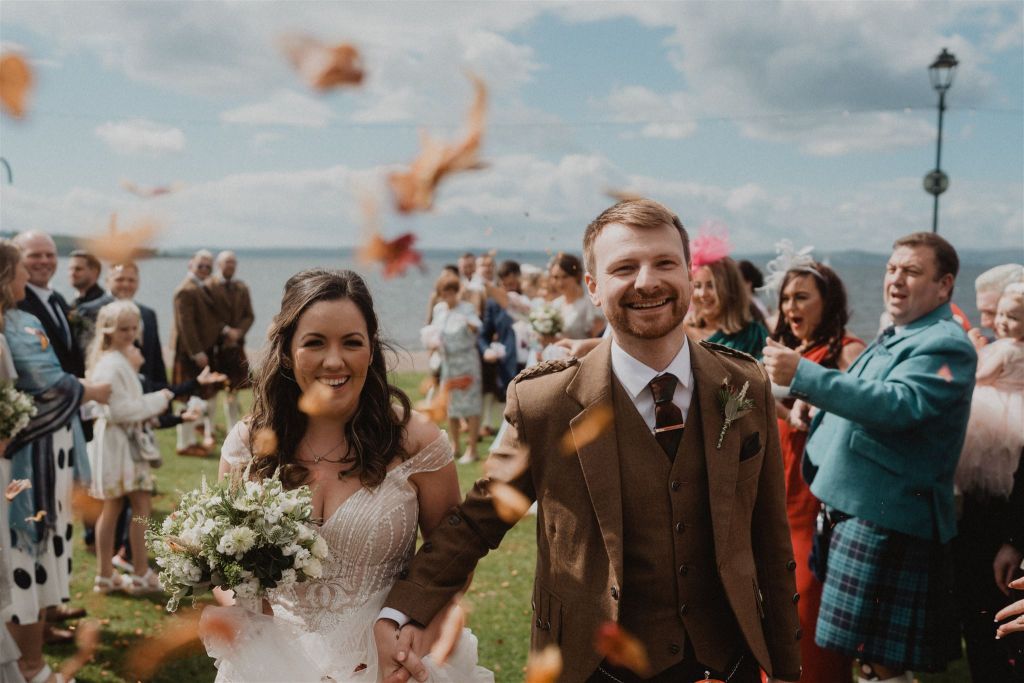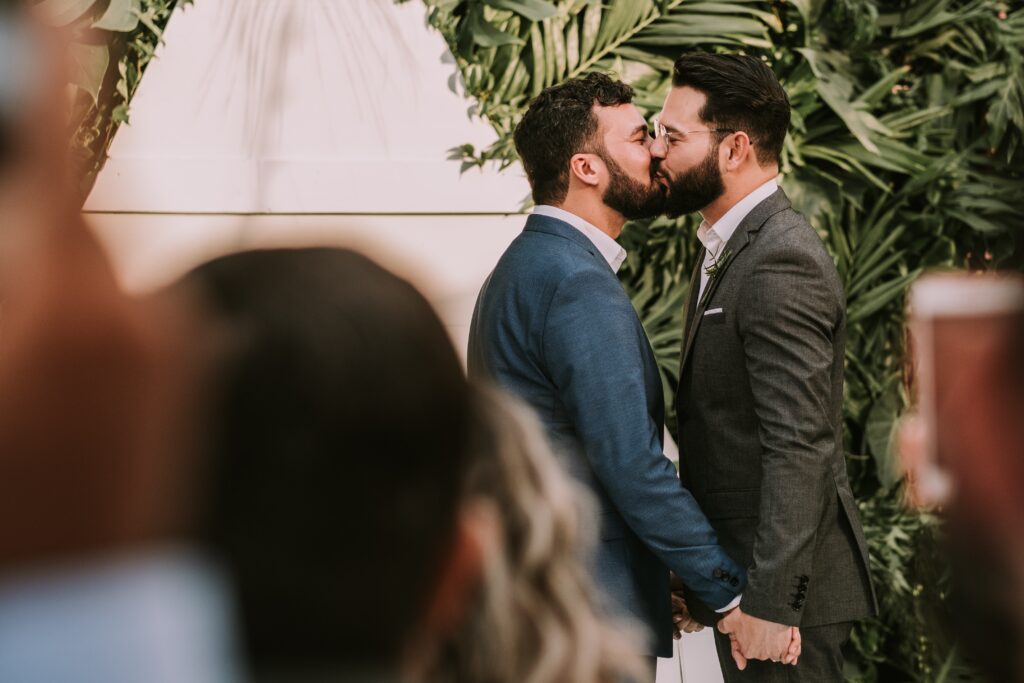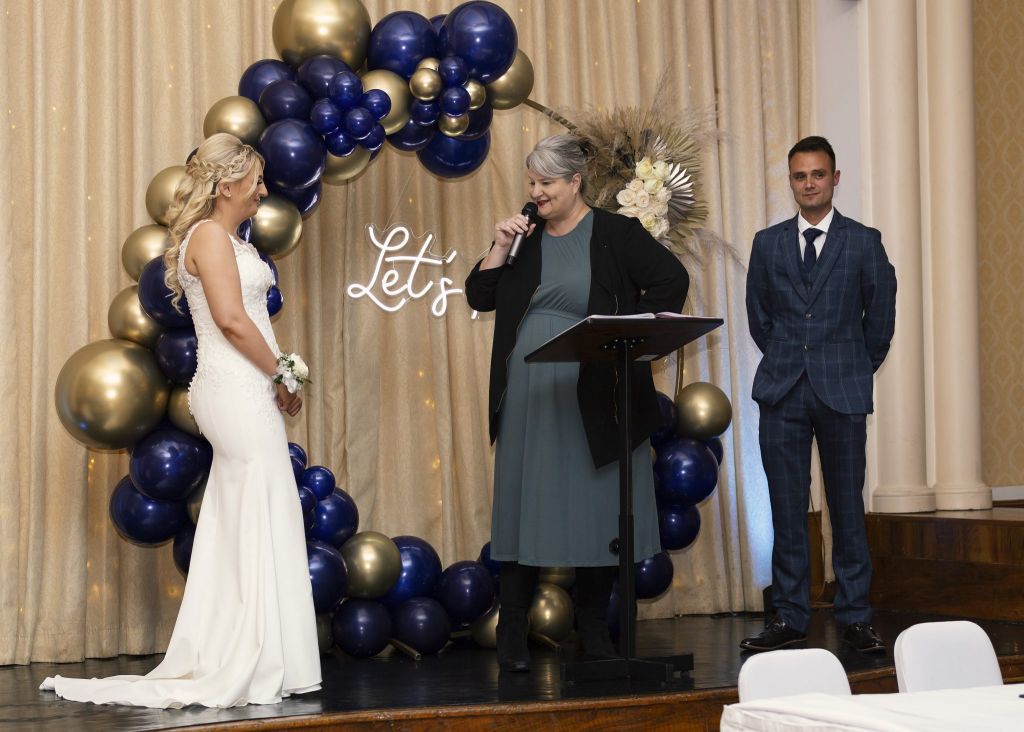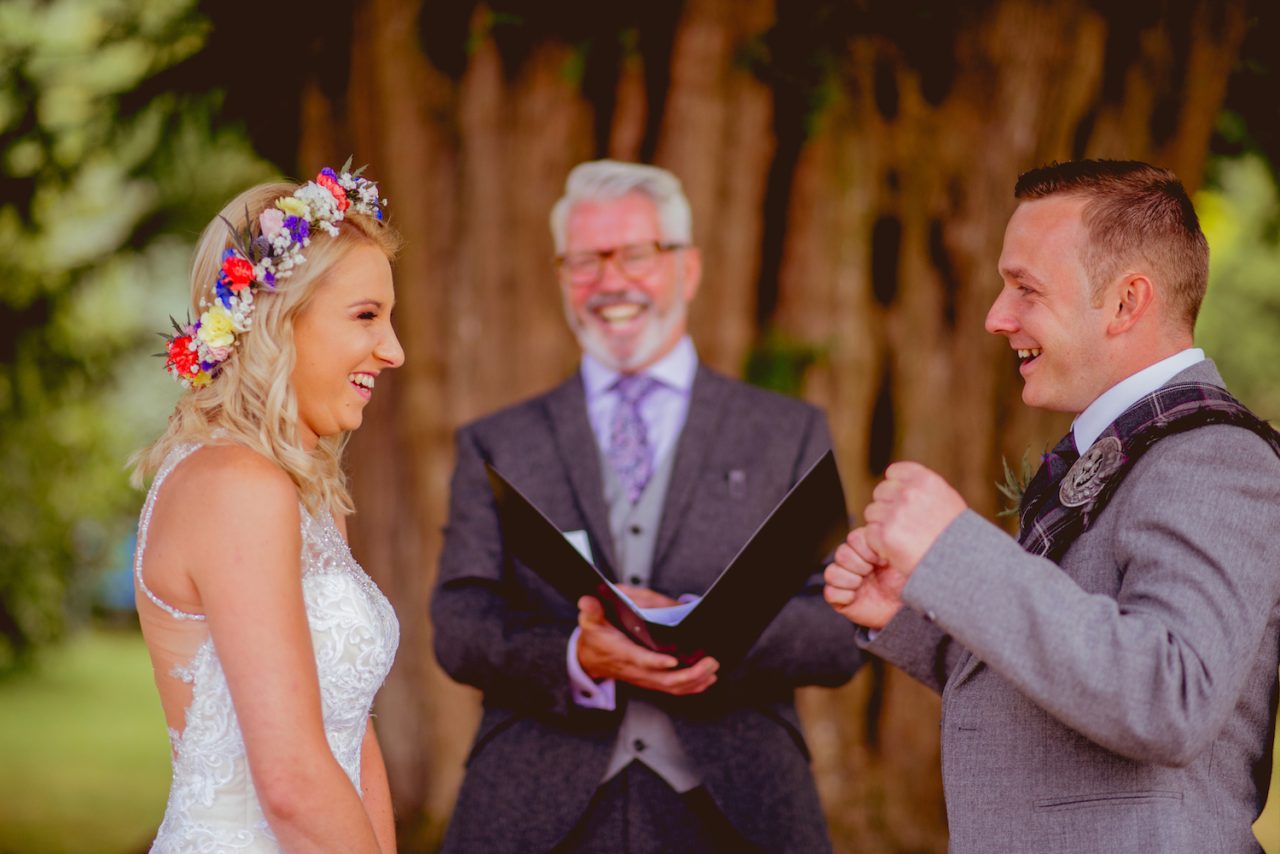We might be ever so slightly biased, but we think Humanist wedding ceremonies are the best and so, it seems, does everybody else!
Since the first batch of Humanist wedding ceremonies touched down on Scottish soil back in 2005, there has been a MASSIVE 1372% increase in the number of Humanist ceremonies conducted, dwarfing the number of civil and religious alternatives. Even in England and Wales, where Humanist weddings are not yet legally recognised, a respectable 240% increase has been recorded.
With all this well-deserved Humanist hype, there still remains a great deal of mystery surrounding Humanist ceremonies, so for those of you who want to know more about the magic, we thought we’d take you through the top Humanist related questions that land in our inbox:
What exactly is Humanism?
In order to get a full understanding of Humanism, we’ll have to take you WAY back in time to 14th Century Europe, where the Renaissance or “rebirth” movement was gaining traction. Pre-Renaissance, European life and culture was primarily centred around religion, but the Renaissance period focused on the importance of education, science, the arts and a better life for all. So, from the 14th Century onwards, huge factions of Europe began thinking in terms of reason, rather than religion, and this abandonment of religious thinking led to the development of Humanism.
Put simply, rather than looking to god to solve human problems, Humanists look to humanity for the answers. For example, when tackling one of life’s problems, a Christian might use the bible as a moral touchstone, while a Humanist would look to the sum of human experience for an answer.
Humanists believe that human beings are things of great beauty and worth and that life here on Earth should be lived to the full and celebrated.

How does the Humanist philosophy relate to wedding ceremonies?
The Humanist philosophy focusses on the beauty, character and worth of human beings and optimistically espouses that life should be cherished and lived rather than simply endured.
In the same way, Humanist celebrants believe that a wedding ceremony should not just be endured in order to reach the “fun” part of the wedding, a Humanist ceremony GETS THE PARTY STARTED!! With no set script, rules or judgement, a Humanist celebrant is free as a bird to build a ceremony based entirely on the happy couple. Creating a humongous celebration of love is the Humanist wedding way.

Do we have to be Humanists to have a Humanist ceremony?
Absolutely not. Some Humanist ceremony organisations do require couples to sign up to a particular body or society, but here at Fuze, that’s not the case.
Let’s face it, labelling yourself as anything is quite a scary prospect, but we like to think that because the Humanist philosophy is all about being compassionate and respectful to our fellow human beings, you’re probably already a Humanist without even knowing it! It’s the easiest doctrine to follow, EVER!!
We’re a same-sex couple, can we have a Humanist ceremony?
Of course! The Humanist ethos is centred around diversity and human rights and it’s therefore fully supportive of equality for LGBT individuals.


Is Humanism mentioned throughout the ceremony?
The positive Humanist elements of kindness, equality, respect and a concern for one another are mentioned, but that’s about it for the philosophy. Humanist ceremonies focus on the HUMAN element, which in the case of a wedding means that the ceremony is centred around the happy couple; how they met, funny stories, meaningful readings/poems and SO MUCH MORE!
Are Humanist ceremonies legally binding?
Yes! In Scotland couples can marry anywhere, at any time, on any day. It’s marvellous! Frustratingly, England and Wales have yet to catch up, but with the number of Humanist weddings soaring south of the border, we’re hopeful that this will change in the near future. In the meantime, if you’d like to have a Humanist ceremony in England or Wales, try to think of it in terms of registering a birth or death, where you go to your local Registrar to register it, but then have a christening or funeral elsewhere.

We’ve decided that a Humanist ceremony is right up our street! What’s the next step?
Hooray!! First things first, decide on your date and book your celebrant. Following that you just need to get your paperwork sorted:
Thankfully it is incredibly straightforward to marry in Scotland and so all that is required is the couple, their celebrant, two witnesses over the age of 16 (we can provide witnesses if the couple are eloping alone) and a Marriage Schedule, which is the form on which the couple, their witnesses and their celebrant will fill in on the wedding day.
The Marriage Schedule is granted by the registrar local to the couple’s wedding venue/location and can be collected in person up to seven days before the big day. To be issued with a Marriage Schedule, the couple must each fill in a Marriage Notice form (M10 form) or a CP10 if it is a Civil Partnership (the forms along with further information can be downloaded here). This form can be submitted (along with a £70 processing fee) no earlier than twelve weeks and no later than 29 days before the wedding day. Alongside the M10 forms, couples will also need to send their birth/adoption certificates, passports and proof of residence. Further paperwork such as divorce certificates may also be required.

What if we’re coming to marry from abroad?
In 2018, a whopping 5907 couples from all over the world married in Scotland and although nobody wants to deal with more paperwork than they have to, it’s really very straightforward.
A Certificate of No Impediment (CONI) is required for couples coming from abroad to marry in Scotland and if couples are travelling from outwith the EU then they will also need to apply for a Marriage Visitor Visa and fill in a Declaration of Immigration form. It sounds like a lot of paperwork, but it’s really not that bad and we are just an email or phone call away if you need any help.
If, however, the prospect of paperwork is just too much, then why not have a quick “no frills” wedding back home and have the full Scottish extravaganza ceremony here?
Why else should I have a Humanist wedding ceremony?
Well, aside from the fact that you’ll enjoy a meaningful and completely unique wedding ceremony, created especially for you, filled with love, celebration and joy, you can also embrace a Humanist ceremony ANYWHERE you want.
Furthermore, it has recently been revealed that couples who have a Humanist wedding ceremony are less likely to get divorced!! What better reason do you need than that?





